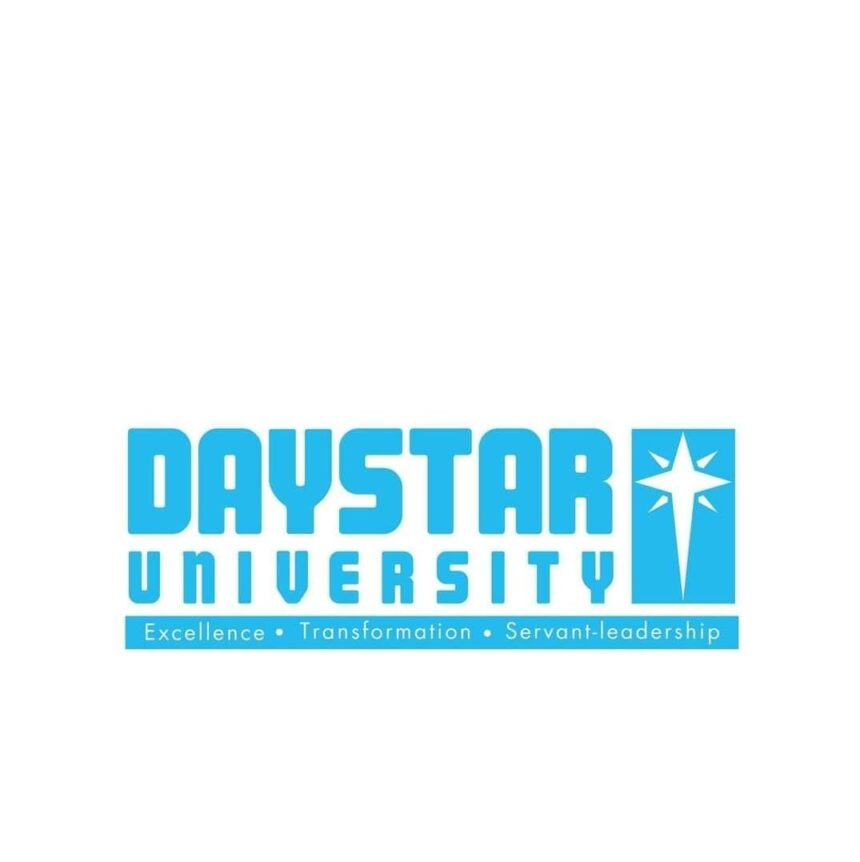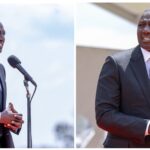Education Cabinet Secretary (CS) Ezekiel Machogu found himself under the scrutiny of the National Assembly as questions arose regarding the operational policies at Daystar University. The focal point of contention revolved around allegations that students at the university were being coerced into attending chapel services, with their final semester grades seemingly contingent upon their participation in these religious gatherings.
MP Mohammed Ali speaks against Daystar University
The catalyst for this inquiry was Nyali Member of Parliament, Mohammed Ali, who took to social media to voice concerns over potential violations of students’ constitutional rights and freedom of worship. According to Ali’s post on his X account, students enrolled at Daystar University were purportedly compelled to attend chapel services, which were then factored into their academic assessments.
In response to these allegations, CS Machogu clarified that the university does indeed have a Christian foundation, and its operational framework reflects this ethos. He emphasized that students are admitted with full awareness of the institution’s Christian background, and upon enrollment, they commit to upholding its values and participating in spiritual activities.
CS Machogu forms committee to investigate
Machogu further relayed the university’s stance, indicating that while attendance at chapel services is encouraged, it is not a prerequisite for the release of students’ marks. However, he acknowledged that the university does expect students to engage in its spiritual disciplines, such as attending a minimum of 75% of scheduled chapel services in any given semester.
The assertion by Machogu sparked a debate within the National Assembly, with concerns raised about the potential infringement upon students’ rights. Consequently, National Assembly Speaker Moses Wetangula directed the Ministry of Education to dispatch a team to Daystar University to investigate the matter thoroughly.
In response to this directive, Machogu committed to presenting his findings before the Committee of Education within two weeks. It is anticipated that the investigation will shed light on the operational practices at Daystar University and provide clarity regarding the alleged coercion of students in matters of religious participation.
As this issue unfolds, it underscores the delicate balance between academic institutions’ religious affiliations and students’ rights to freedom of worship. The outcome of the investigation will not only impact Daystar University but also set a precedent for how similar matters are addressed within the broader educational landscape.














